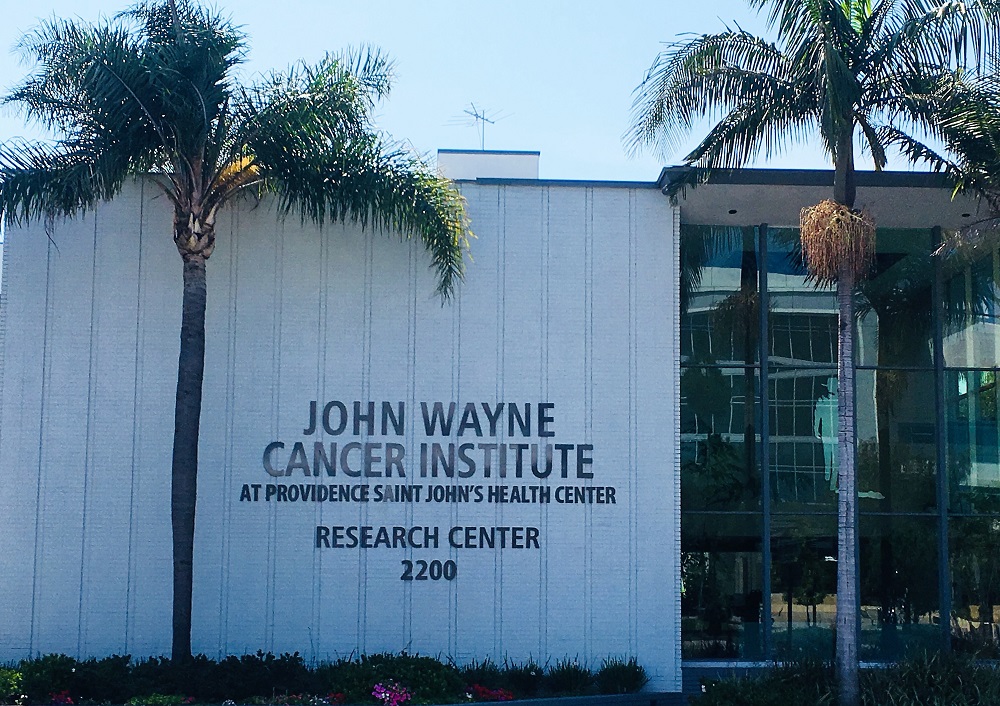Our lab-based translational studies are designed so that results can be quickly applied to improve treatments and tests for cancer. Clinical specimens obtained under approved protocols are examined in benchtop studies, the results of which may guide the design of preclinical (animal) or early clinical trials. We also run multicenter clinical trials that include translational correlative studies to identify molecular or immunologic markers of clinical outcome. Thus our research moves back and forth from bench to bedside and back again.
This dynamic, interactive approach has allowed our scientists to lay the foundation for therapeutic discoveries that receive worldwide attention. For example, Saint John’s Cancer Institute’s Translational Molecular Medicine Department, led by Dr. Dave Hoon, has been a driving force behind the recent developments in targeted (personalized) therapies for melanoma. His group has developed a specialized blood test to detect the BRAF mutation that is found in many melanomas. This mutation is now the basis for an effective targeted therapy called vermurafenib (Zelboraf) that recently received FDA approval for treatment of advanced melanoma. Dr. Hoon’s group is currently developing another biomarker that may become the basis for additional therapy to complement vermurafenib. Some of the recent results of these studies are now published and are available as a resource for other physicians around the world.
Meanwhile, our Translational Immunology Department, is studying populations of patients with enhanced immunity to melanocytes (the autoimmune disease vitiligo) and examining archived specimens of tumor tissue. Using these translational tools to identify key pathways of the immune response to melanoma may provide insights to fighting cancer in general.

